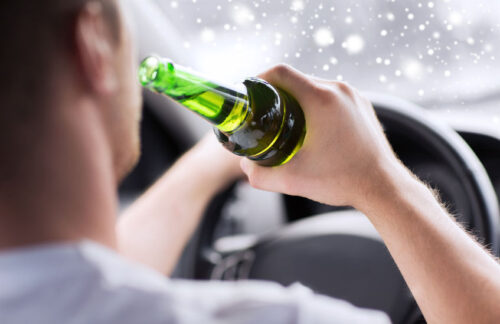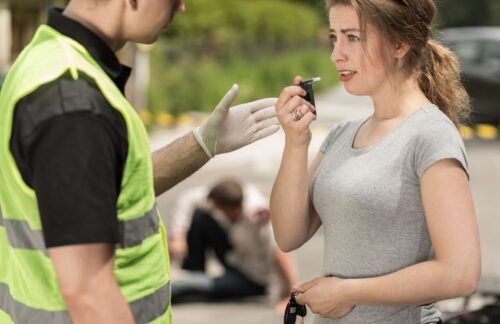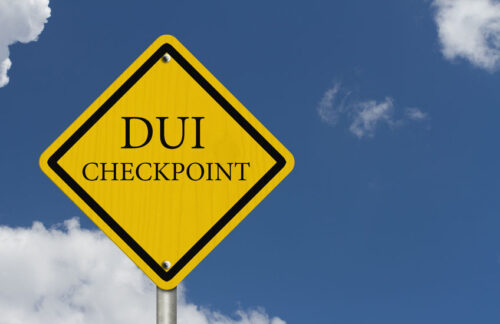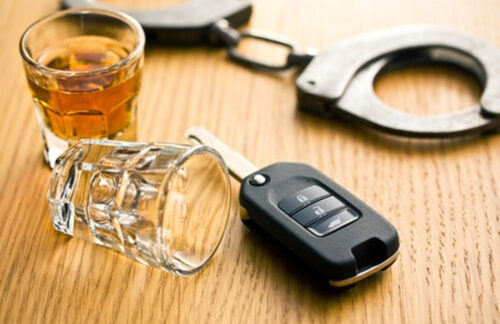Have you heard of SR22 motorcycle insurance? If you own a motorcycle and need to buy SR22 insurance for license reinstatement, you may not be aware of this option.
News Archives
This is the News Archives for UltraCar Insurance. Your source for SR22 & FR44 Insurance.

SR22 Motorcycle Insurance
You may not be aware that you can purchase SR22 motorcycle insurance for license reinstatement. Usually, attaching an SR22 certificate to a motorcycle insurance policy is less expensive than a car or truck policy. Even so, your cost will depend on various factors, both personal and motorcycle-related.

Florida FR44 Insurance Requirements
After alcohol or drug-related motor vehicle conviction, you’ll find that Florida FR44 insurance requirements result in substantially higher insurance premiums. The minimum insurance coverage requirements for FR44 insurance are much higher than the minimum coverage for standard and SR22 insurance.
When you have a Florida DUI or DWI conviction, you’ll become familiar with Florida DUI penalties, laws, and Florida FR44 insurance requirements. Based on your case, you’ll have to meet specific conditions to reinstate your license.

Colorado Auto Insurance Laws
There are many ways to make sure that you comply with the provisions of Colorado auto insurance laws. Being properly insured is one of the most important and obvious to comply with. Other ways include knowing what to do in case of an accident and learning how to be a more defensive driver. Being more aware of auto insurance laws can save you money as well as potential problems as a driver.
Colorado auto insurance laws require any driver who operates a motor vehicle in the state to have minimum liability insurance coverage set by the state. The minimum Colorado auto insurance coverage required by the state is:

Non Owner SR22 Washington State
Non owner SR22 Washington state is a high risk insurance certificate that’s required to reinstate your license if you don’t own a vehicle. The SR22 certificate is attached to a non owner insurance policy and filed with the state DOL. This type of policy insures you against liability when you drive a vehicle that you don’t own.
If you don’t own a vehicle you will need to purchase a non owner SR22 Washington state certificate to reinstate your suspended driver’s license. When you become eligible for license reinstatement your SR22 certificate will be attached to a non-owner insurance policy and filed by an insurance company with the Washington Department of Licensing (DOL).

Non Owner FR44 Virginia
Non owner FR44 Virginia is a type of insurance you can carry that allows restricted driving privileges when you have a suspended license after a DUI or DWI conviction. It’s called non-owner FR44 insurance because it’s for individuals who do not own a vehicle. Instead of covering a vehicle, non-owner insurance covers the individual when driving a non-owned car, truck, or motorcycle.
You likely have a driver’s license even if you don’t own a vehicle. Most people require a driver’s license for identification, voting, airline travel, and driving a borrowed vehicle. Suppose you get a DUI or DWI charge and license suspension while driving a friend’s car. If you don’t own a car, you must file a non owner FR44 Virginia certificate for license reinstatement.

Texas DWI Laws
Texas DWI laws cover all aspects of the offenses of, and penalties for driving under the influence or driving while intoxicated. DUI/DWI offenses are the most serious of motor vehicle violations, and the penalties are severe. Many factors can affect how a person is affected by alcohol and legal or illegal drugs. It’s best not to ever take a chance driving when the possibility of impairment exists.
Individuals who experience the consequences of driving while intoxicated discover that Texas DWI laws call for strict penalties. People are hurt or killed in car accidents every day by drunk drivers who believe they are still able to get behind the wheel without any problems occurring. We strongly encourage all Texas drivers to think ahead and make arrangements for a designated driver when needed, to avoid unnecessary tragedies.




Non Owner SR22 Ohio
Non owner SR22 Ohio is a certificate you file with the Ohio BMV to reinstate your license. This type of high-risk insurance is for drivers who do not own a vehicle. Rather than attaching the SR22 certificate to an auto insurance policy, it is an endorsement to a non-owner’s insurance policy.
Non owner SR22 Ohio is a high risk insurance policy the state requires to reinstate your license after a suspension. It’s for drivers who do not own a vehicle.
